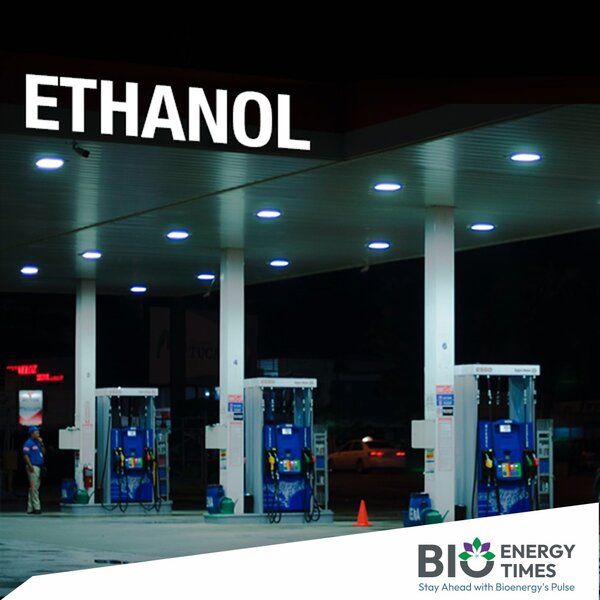The Indian government has approved an additional 2.8 million tonnes of rice from the Food Corporation of India (FCI) for ethanol production in the 2024-25 ethanol supply year (ESY), which runs from December 2024 to October 2025. This increases the total allocation to 5.2 million tonnes, despite ongoing concerns about using food grains for fuel instead of prioritizing food security, reports Down To Earth.
The additional allocation was communicated last week by the Union Ministry of Consumer Affairs, Food and Public Distribution. This comes on top of the 2.4 million tonnes that had already been approved earlier in the ESY.
Out of the total rice allocated under the government’s Ethanol Blended Petrol (EBP) program, distilleries have so far taken about one million tonnes. The price at which FCI is providing this rice to distilleries remains at ₹22.50 per kilogramme.
The EBP scheme aims to reduce pollution and decrease India’s reliance on imported fossil fuels. However, this latest move has reignited worries about the consequences of diverting essential food grains for industrial purposes. Rice, along with sugarcane and maize, are fundamental to India’s food supply and livestock feed systems, yet all three are now being used to produce ethanol.
These crops are classified as first-generation (1G) biofuel sources, where ethanol is produced directly from food crops. In contrast, second-generation (2G) technologies utilize non-food biomass, such as agricultural waste, industrial byproducts, and plant-based materials, and are generally considered a more sustainable approach.
The ministry stated that the decision to allocate additional rice was made after assessing the country’s buffer stock levels and the potential amount of ethanol that could be produced from the surplus FCI grain.
With an estimated conversion rate of 470 litres of ethanol per tonne of rice, the total allocation of 5.2 million tonnes could potentially yield approximately 2.45 billion litres of ethanol.
The government has set a target of achieving 20 percent ethanol blending in petrol by the ethanol supply year 2025-26.














